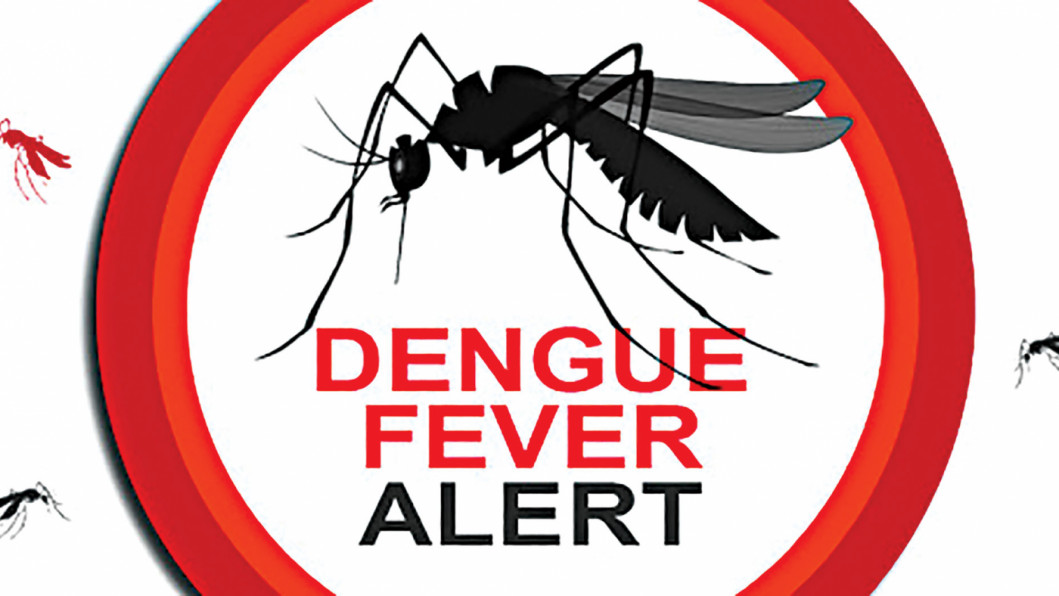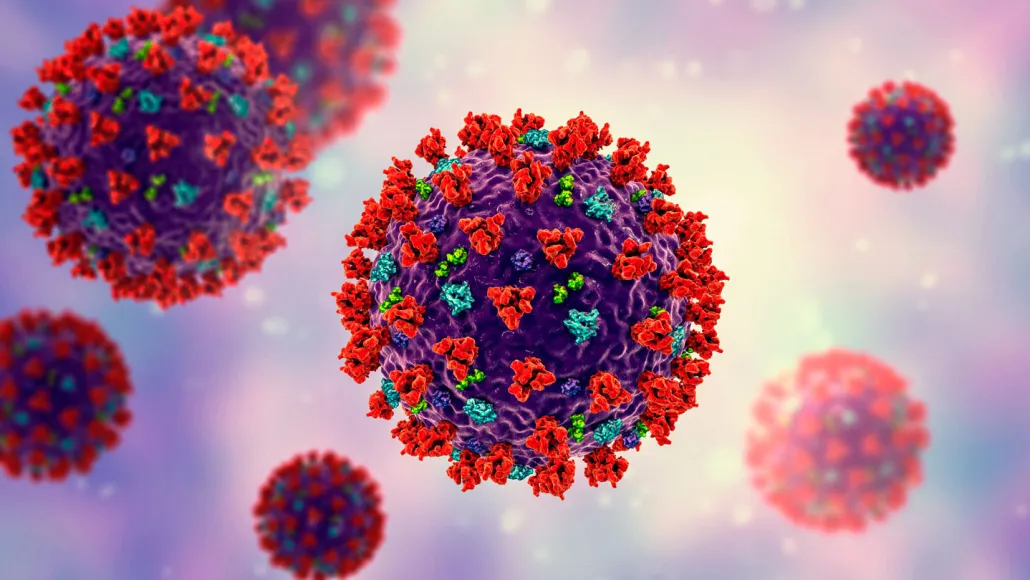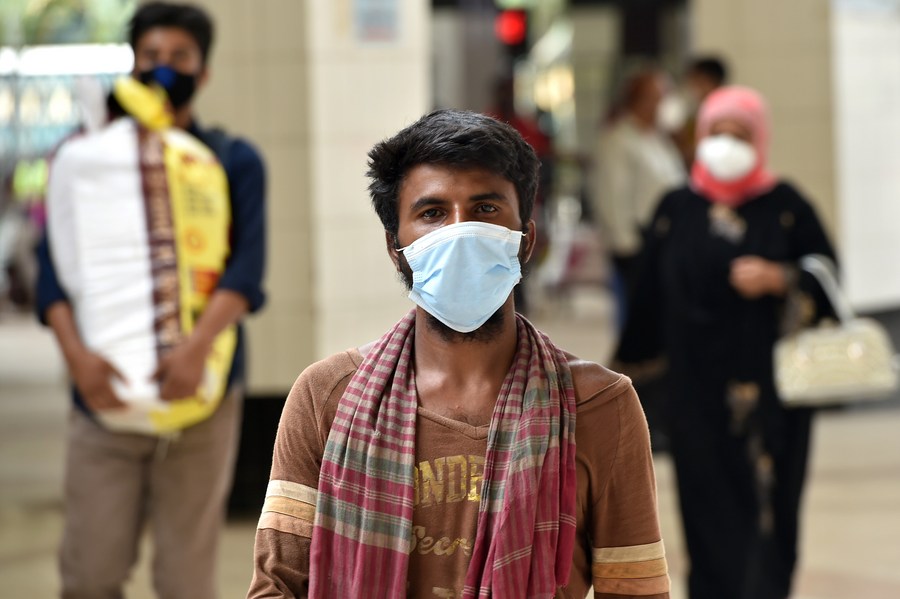Dengue patients undergoing treatment at Sir Salimullah Medical College and Hospital Mahmud Hossain Opu/Dhaka Tribune
LGD working on establishing a new entity that will introduce scientific measures to tackle the disease better
Twenty years have passed since Bangladesh experienced the first dengue outbreak and yet till now the local government and health authorities are working on finding ways to eradicate it and curb its spread completely.
It was a relief for the health authorities when dengue did not happen during the early days of the Covid-19 pandemic. But it re-emerged this year, forcing over 10,000 people to be admitted at hospitals, causing havoc in an already overburdened healthcare system.
Health experts and entomologists believe that the actual number of dengue cases is also much higher than reported.
The health authorities urge people to keep their houses and surroundings clean so that they do not become breeding grounds of Aedes mosquito larvae, a point echoed by the local government authorities.
However, the Local Government Division (LGD), which is supposed to work on controlling the dengue spike, is yet to show efficiency in its work.
It took the LGD twenty years since the first outbreak in 2000 to introduce a guideline to the fight against dengue, a mosquito-borne disease. The guideline was unveiled last month.
Also Read- DGHS: 295 more dengue patients admitted to hospitals
Now it is saying that it is also in the process of establishing a new entity which will work on introducing scientific measures to fight against the disease.
Dengue changing pattern over the years
During the first outbreak, all four serotypes (Den 1 to 4) were reported in Dhaka city. Later, in 2017, Den 3 serotypes re-merged which are said to have a higher prevalence of infection and more people were noticed to have died from the disease.
The situation took a serious turn in 2019 when 10 times more cases were reported compared to 2018. The number of deaths also increases.
In 2019, the outbreak started from June, much earlier than in previous years and over 100,000 people were infected, of whom 164 died, according to the Directorate General of Health Services (DGHS).
The diseases also spread to two other big cities besides Dhaka, Khulna and Chittagong.
In 2020, some 10,356 dengue infected patients were admitted to hospitals across the country -- the highest in the month of November, with seven deaths reported.
Entomologists have said a recent study has shown that the actual number of those infected was 20 times higher than the number of people admitted to the hospitals. That means around 200,000 people were infected.
This year, the month of August saw the highest number of dengue patients, with 42 people dying so far. Around 90% of the cases were reported from Dhaka, followed by Chittagong and Khulna.
Govt forming entity for quick action after 20 years
According to the latest survey done by the National Malaria Elimination and Aedes Transmitted Diseases Control Program of DGHS, around 70% of residential buildings and their surroundings are breeding grounds for Aedes mosquitoes.
Emphasizing the destruction of breeding space, Entomologist Dr Manjur A Chowdhury, who is chairman of the Centre for Governance Study (CGS), said that there would be no use creating awareness among people if the authorities did not take measures in a more scientific way.
When contacted, the additional secretary (city development) of LGD, Moron Kumar Chakroborty, said the LGD had asked the city corporations to take appropriate measures after consulting with health officials.
A guideline in this regard was made public recently and the administration wing of the division was working on establishing a new entity (for vector management) to control dengue and prevent the outbreak every year, he added.
The LGD said a nine-member committee in this regard had been formed before the last lockdown, including six members from the ministry, and one each (chief health officer) from DNCC, DSCC and a representative from DGHS.
Deputy secretary (admin) of LGD, AKM Mizanur Rahman, who is leading the committee, said that the next meeting would be held this month.
The authorities are also planning to invite entomologists from Dhaka and Jahangirnagar universities to formulate more effective recommendations in this regard.
This would not be any department or directorate or a cell, but rather an advisory centre that will assist in research and provide advice about effective pesticides and effective ways to control dengue.
Meanwhile, Prof Dr Nasima Sultan, additional director general of the DGHS, confessed that dengue was creating pressure on a health care system that had its limitations.















